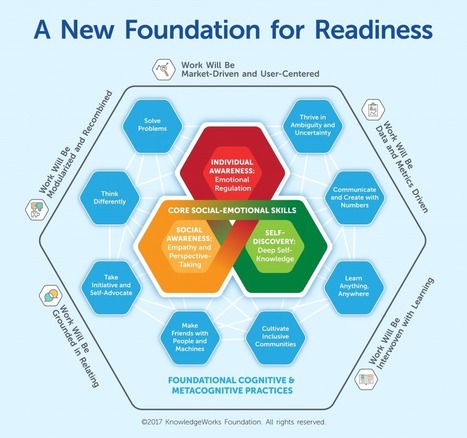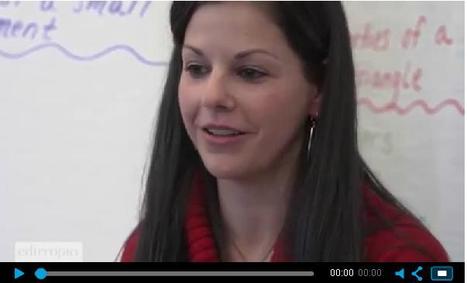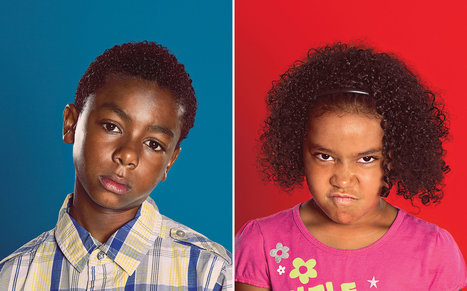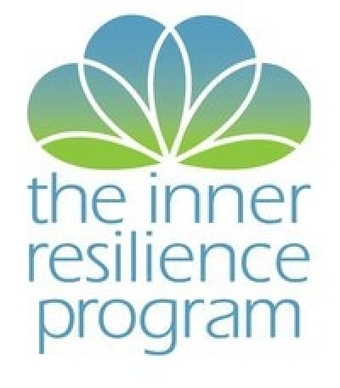by Jennifer Kahn
"Once a small corner of education theory, S.E.L. has gained traction in recent years, driven in part by concerns over school violence, bullying and teen suicide. But while prevention programs tend to focus on a single problem, the goal of social-emotional learning is grander: to instill a deep psychological intelligence that will help children regulate their emotions.
"For children, Brackett notes, school is an emotional caldron: a constant stream of academic and social challenges that can generate feelings ranging from loneliness to euphoria. Educators and parents have long assumed that a child’s ability to cope with such stresses is either innate — a matter of temperament — or else acquired “along the way,” in the rough and tumble of ordinary interaction. But in practice, Brackett says, many children never develop those crucial skills. “It’s like saying that a child doesn’t need to study English because she talks with her parents at home,” Brackett told me last spring. “Emotional skills are the same. A teacher might say, ‘Calm down!’ — but how exactly do you calm down when you’re feeling anxious? Where do you learn the skills to manage those feelings?”
"A growing number of educators and psychologists now believe that the answer to that question is in school. George Lucas’s Edutopia foundation has lobbied for the teaching of social and emotional skills for the past decade; the State of Illinois passed a bill in 2003 making “social and emotional learning” a part of school curriculums. Thousands of schools now use one of the several dozen programs, including Brackett’s own, that have been approved as “evidence-based” by the Collaborative for Academic, Social and Emotional Learning, a Chicago-based nonprofit. All told, there are now tens of thousands of emotional-literacy programs running in cities nationwide.
"The theory that kids need to learn to manage their emotions in order to reach their potential grew out of the research of a pair of psychology professors — John Mayer, at the University of New Hampshire, and Peter Salovey, at Yale. In the 1980s, Mayer and Salovey became curious about the ways in which emotions communicate information, and why some people seem more able to take advantage of those messages than others. While outlining the set of skills that defined this “emotional intelligence,” Salovey realized that it might be even more influential than he had originally suspected, affecting everything from problem solving to job satisfaction: “It was like, this is predictive!”



 Your new post is loading...
Your new post is loading...













I was a little skeptical on this. However, if you think about it-it makes sense. All of this technology used for social media is impeding students from learning to critically think, collaborate, empathize-among other things. Helping them learn to work closely with others in a school environment will help them learn to engage well with others at work and in society as a whole when they are adults.